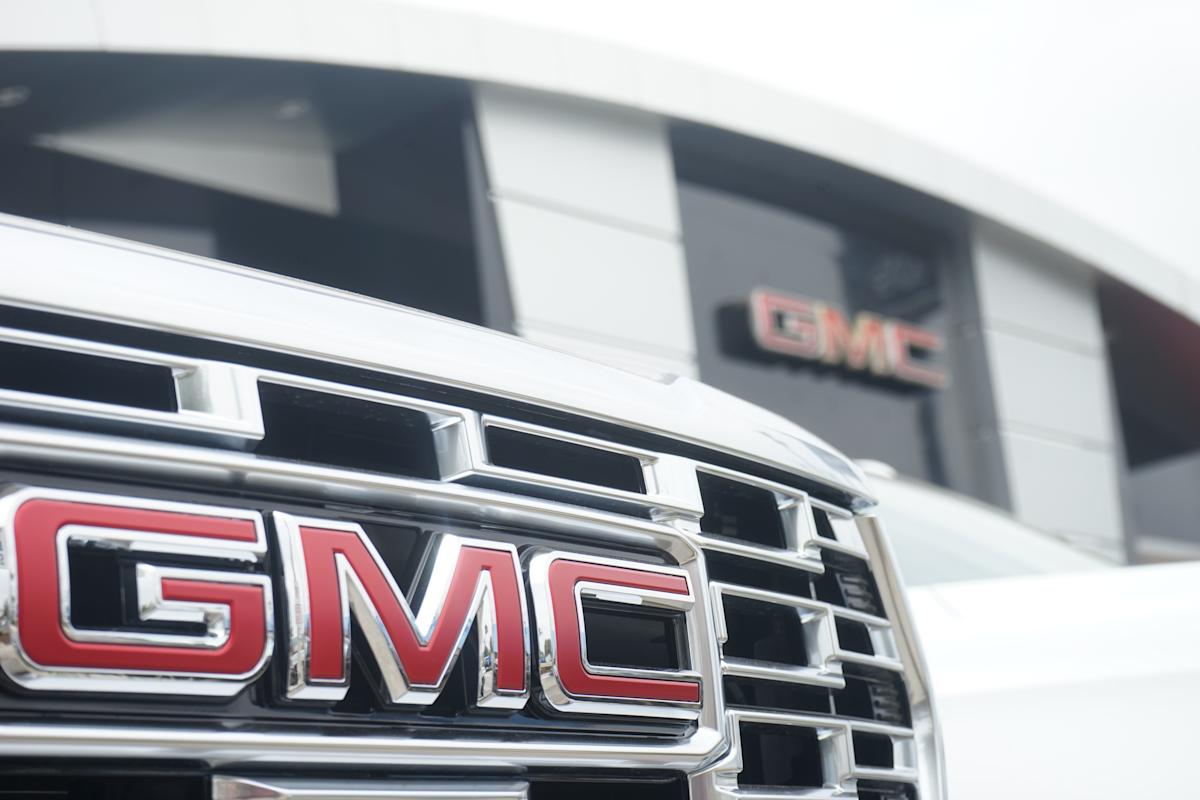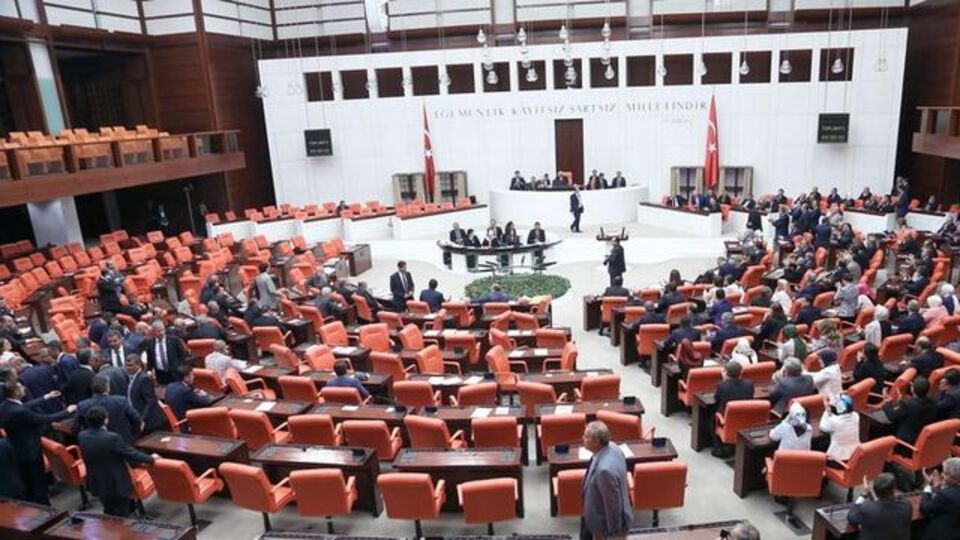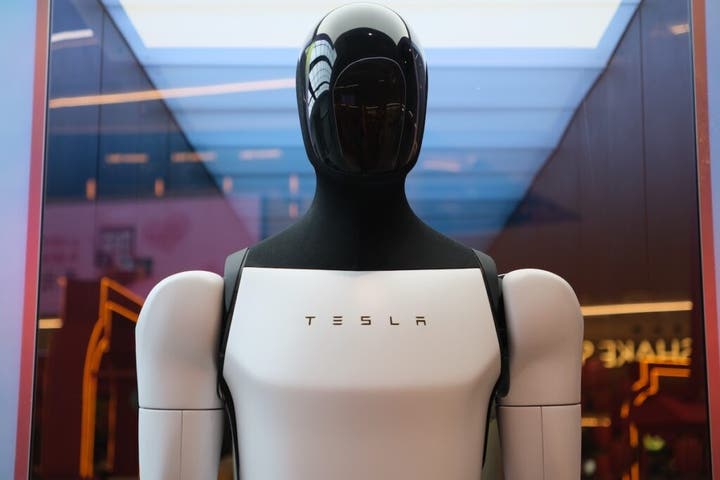
General Motors' Third Quarter Earnings Mixed


General Motors' Earnings Report
General Motors (GM) announced its third-quarter earnings before the market opened on Tuesday. While the results were mixed, the company improved its full-year profit forecast. As one of Detroit's Big Three automakers, it is contending with President Trump's auto tariffs.
GM now predicts full-year EBIT will be in the range of $12.0 billion - $13.0 billion, up from its previous forecast of $10.0 billion - $12.5 billion. The adjusted automotive free cash flow is also expected to be between $10.0 billion - $11.0 billion, showing a significant increase from the earlier forecast of $7.5 billion - $10.0 billion. The adjusted earnings per share is forecasted to be $9.75 - $10.50.
GM indicated that its full-year tariff exposure is around $3.5 billion - $4.5 billion. This estimate assumes that tariff rates will remain steady and includes indirect costs from suppliers. Last spring, the automaker had revised its full-year forecast downward, considering the potential $4 billion - $5 billion impact of auto tariffs.
In this quarter, GM reported a net income of $44.735 billion, missing the $45.18 billion target predicted by Bloomberg consensus. The third-quarter adjusted earnings per share came in at $2.80, exceeding the expected $2.27. The adjusted EBIT was reported as $3.376 billion, surpassing the anticipated $2.72 billion.
GM noted that the utilization of incentives in sales was low. With an average 0.04 rate, it used fewer incentives compared to the industry average of 0.069. Earlier this month, GM announced that its third-quarter sales were 710,347 units, an 8% increase compared to a year ago. Additionally, the automaker achieved the highest sales figure nationwide and recorded its best market share since 2017.
Sales of gas vehicles—particularly pickups like the Chevrolet Silverado and large SUVs like the GMC Yukon—are reported to have contributed to this growth. GM stated that these categories would maintain a leading position in the industry by the end of the year. Moreover, electric vehicle sales also hit a record this quarter at 66,501 units.
However, a slowdown in the electric vehicle business is expected after the tax credit expires. Last week, GM announced it would incur a liability of $1.6 billion as a result of reevaluating its electric vehicle plans. Of this amount, $1.2 billion consists of non-cash special expenses, while $400 million pertains to contract termination fees and disputes related to electric vehicle investments.
Another significant challenge GM faces is exposure to tariff costs. In an effort to mitigate the impact of tariffs and increase U.S. production, GM committed to investing $4 billion. This challenging period in revenue is also beginning to affect other U.S. manufacturers like Ford, Tesla, and Toyota.
Anderson Economic Group reported that tariffs on vehicles and parts from Canada and Mexico cost automotive manufacturers over $6 billion this summer, and that this amount will exceed $10 billion by the end of the month.
```.png)
Yakında Tüm Platformlarda
Sizlere kesintisiz haber ve analizi en hızlı şekilde ulaştırmak için. Yakında tüm platformlarda...







.png)